Dental Sleep Medicine and TMD in Sydney
Dental Sleep Medicine and TMD
Dental Care Glebe Provides Relief
Unmanaged sleep apnoea can cause problems like teeth grinding, clenching and broken dental restorations for our patients. We work with other health professionals to manage your case.
We work together to find out what the underlying cause of your sleep apnoea is, so we can get you comfortable and healthy again.
What Causes Sleep Apnoea?
There is a variety of contributing factors that can lead to sleep apnoea or sleep disordered breathing. A few include airway blockage resulting from oral anatomy, jaw development, tonsils or nasal congestion. The cause of the sleeping disorder will impact the type of treatment recommended to improve your quality of rest.
When there is not enough room inside of your mouth, airflow is restricted. Management of your sleeping disorder can include anything from wearing an oral appliance to a palatal expander which enlarges the opening of your airway.
A comprehensive exam with one of our experienced dentists will help you determine whether or not your unique oral anatomy is playing a part in your inability to sleep well at night. It could just be that your upper or lower jaw is not properly developed.
Teeth Grinding
Bruxism Solutions
Did you know one in every six people suffer from teeth grinding? When someone grinds or clenches their teeth, we refer to that habit as “bruxism.” At Dental Care Glebe, our experienced Inner West Sydney family dentists thoroughly screen for signs of bruxism as it may be indicative of an underlying airway problem.
Dangers of Bruxism
Bruxism can be associated with several conditions, such as;
- Jaw pain
- Headaches and migraines
- Muscle tension in the face, neck and shoulders
- Difficulty eating
- Broken, chipped or weak teeth and cracked teeth
- TMJ disorder
Bruxism in Young Children
Bruxism in children may be associated with airway problem or sleep apnoea. You might notice grinding noises when your child sleeps. If your son or daughter wakes up tired, suffers from frequent nightmares or tends to sleep with their mouth open, we may recommend sending him or her to an ENT for an evaluation. Sometimes the solution is as simple as taking a nose spray, while other children need a tonsillectomy. Sometimes orthodontic expansion can help.
A study for sleep apnoea may also be recommended, but habitual teeth grinding in children is usually something that they grow out of.
Teeth-grinding Habits in Adults
Adults who clench and grind their teeth often do so because of chronic stress, airway narrowing or a sleeping disorder. If a stressful lifestyle isn’t suspected, a sleep study will likely be recommended. After the appropriate diagnosis, we may recommend wearing a protective splint to guard against your teeth becoming cracked or worn. The splint takes pressure off of the teeth to prevent breakage, while also reducing strain to the TMJ.
Temporomandibular Joint Disorder
Temporomandibular Joint Disorder means that the jaw joints are not functioning properly.
The nature of the symptoms can significantly lower your quality of life. Here are some of the symptoms.
- Clicking, popping or grating noises as you chew or move your mouth
- Muscle pain around the jaw
- Pain in front of the ear that may spread to the cheek, ear and temple
- Difficulty opening the mouth – the jaw may feel tight, as if it is stuck, making eating difficult
- Headaches
- Ear aches and ear buzz or blocked sensation in the ear
- Pain in other areas of the body such as aching in the neck



